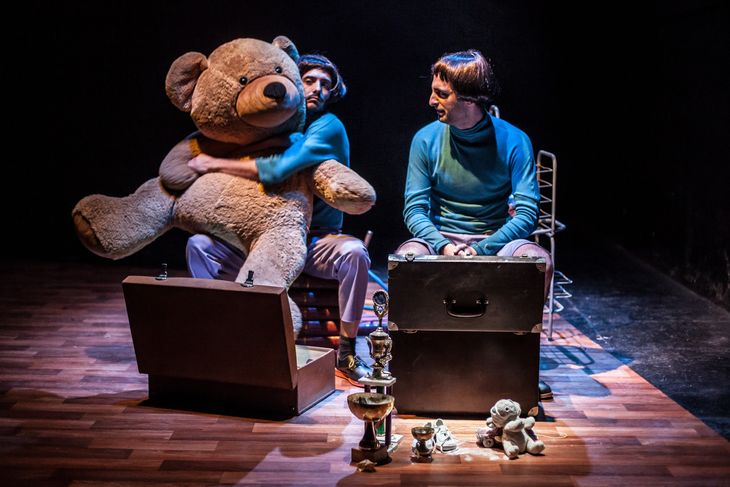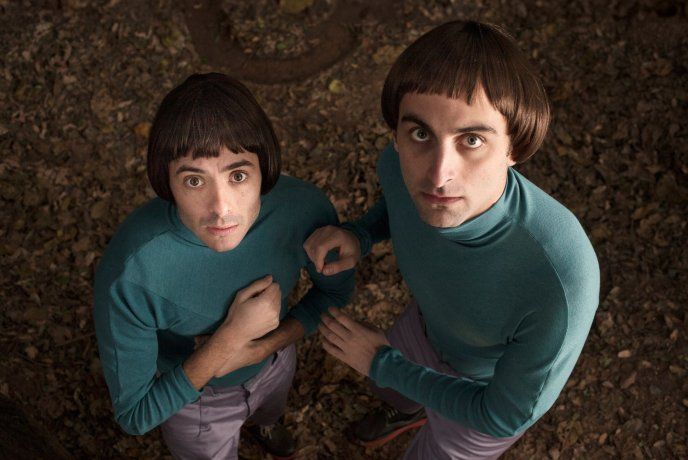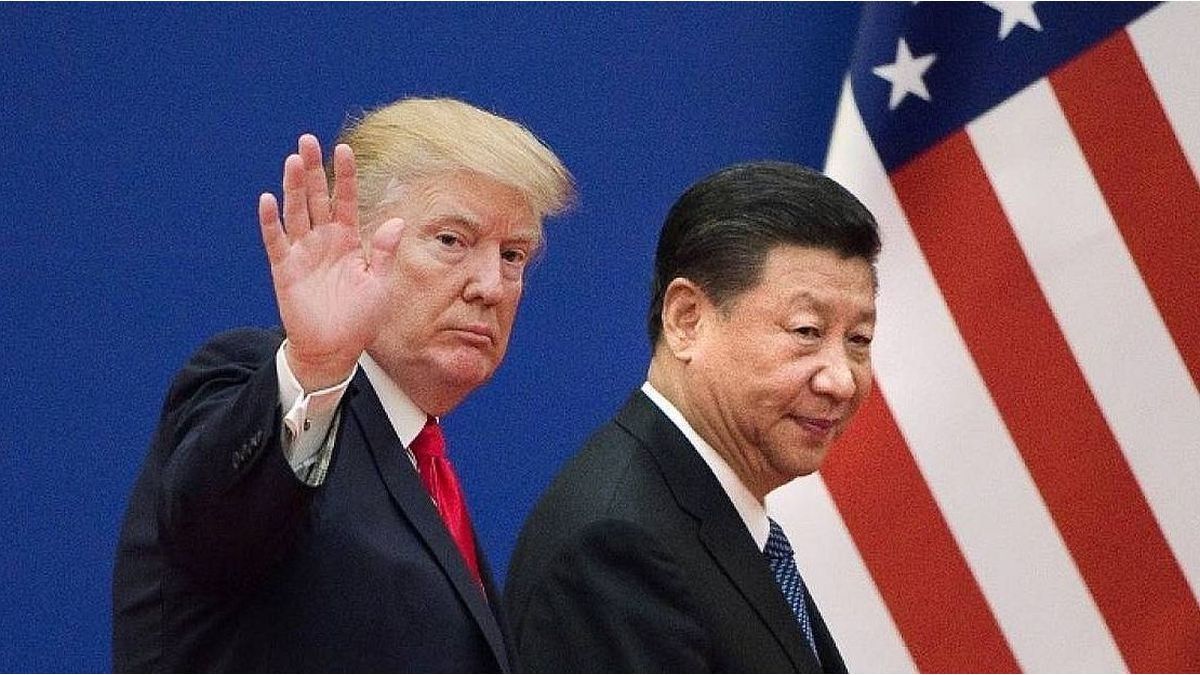“Exorcise fears, anxieties, fears with humor. In confinement it is the ideal place to magnify fears, which is why in-person theater invites you to combat them. “In the different countries where we were, the public laughs at the same things,” says Gabriel Sztryk, that together with Andres Caminos integrate the company “Sutottos” and they celebrate ten years of their show “Unstable”.
They will be performing starting tomorrow at El Picadero after finishing their seventh tour of Spain with their comedy about fears and their derivatives: paranoia, phobias, obsessions and anxieties. A poorly closed door or dampness on a wall are starting points that lead to neurosis and that end up trapping them. They appear every Saturday at 6:00 p.m. We talk to Sztryk and Roads.
Journalist: They return with a show that is celebrating ten years and that debuted twenty years ago at the Young Art Biennial. How do you see it today after two decades? What was there in the work that is different today?
Andrés Caminos: One of the reasons why the play is still valid is because the fears that are on stage are of an existential nature so they cross the ages, that also makes it work in Argentina, Spain, Uruguay, Bolivia, Mexico and more places where we travel with the show.
Gabriel Sztryk: Being a comedy where people laugh, it exorcises fears and even if the context changes we are always afraid of many things. Going to the theater to laugh at what happens to us has nothing to do with the times but is inherent to being human.
SUTOTTOS – UNSTABLE 7.jpg
Los Sutottos present “Inestable” at El Picadero starting tomorrow.
Q: What examples are there of these fears, phobias, paranoia and obsessions?
GS: In the play there are two guys on a Saturday night who are supposed to go out to have a good time but they don’t dare leave their house. There you begin to see all the fears that the work condenses and obsessions arrive, such as locking the door, hearing noise at home and thinking that someone is there, fear of a natural catastrophe or fear of a health problem.
AC: There are also some ways to face these fears, one is to deny reality and be hyper positive thinking that there will be nothing bad.
Q: How did society and fear change in this decade, Covid through, networks through…?
AC: Society is becoming more and more like the work, these fears, phobias and anxieties are becoming more and more exaggerated.
GS: In Spain they believed that we had written it post-pandemic and it is prior, there is something of this social panic that was building, added to the proliferation of networks and obsession with the telephone that generates a much greater confinement. The confinement is an ideal place to magnify fears, one is alone, one thinks alone, one does not dialogue with anyone real and that is why the invitation to meet others in the theater in person.
SUTOTTOS – UNSTABLE 3.jpg

The Sutottos present “Unstable”.
Q: How does local humor work in Spain and how do audiences differ?
AC: When we go there we travel throughout the country and the audiences are different depending on the towns and regions. The same in Argentina or Uruguay. Unstable has a language and talks about something that unites us because all people have fears and have catharsis.
GS: There is something unified because they are Western fears, but in Madrid and Barcelona we exceeded expectations because we had a large audience, like in Buenos Aires. Each society ends up giving it the context it lives in, but being universal, people laugh at the same things.
Q: What is it like to do theater today in this situation and what do you think of the cuts in culture?
GS: Making theater is difficult and difficult, no cuts are something positive for society and the best response to that is to continue trying to be there and produce, to continue being present so that the activity remains alive. To the extent that we and everyone can continue doing it and the public comes, this continues to be sustained.
AC: The more we understand the importance of culture, the more we will also be able to defend it.
Source: Ambito
I am an author and journalist who has worked in the entertainment industry for over a decade. I currently work as a news editor at a major news website, and my focus is on covering the latest trends in entertainment. I also write occasional pieces for other outlets, and have authored two books about the entertainment industry.




